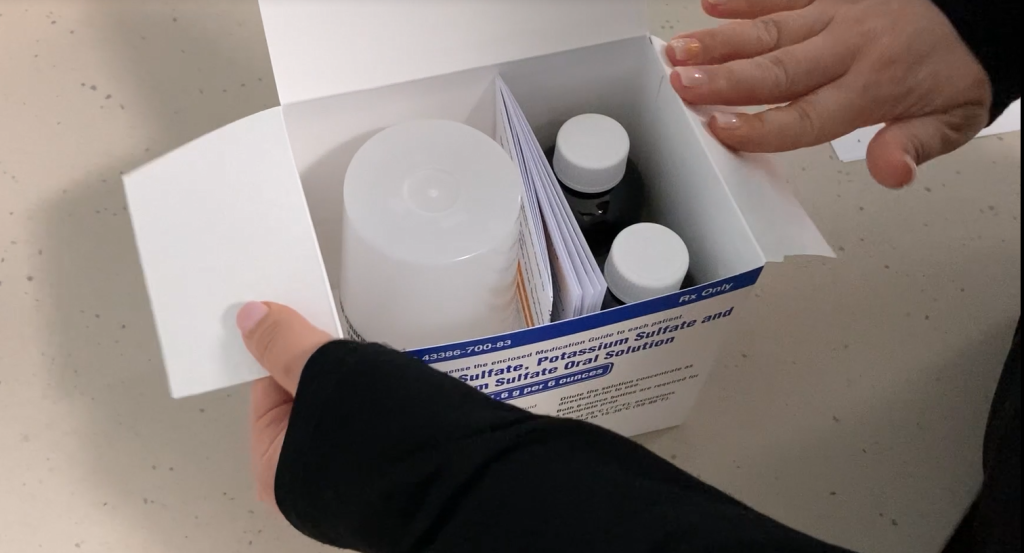-
In case you missed it: This week’s Top 5 stories on social media





Check out a few of the most popular News Network stories on @mayoclinic social media this past week.
Mayo Clinic Minute: Wash your pet’s food and water bowls to prevent salmonella
Salmonella is a bacterial infection that can lead to symptoms like fever, abdominal pain, nausea, vomiting or diarrhea. It is typically transmitted through contaminated food, such as raw meat or eggs. However, many people are unaware that salmonella also can be carried by pets and the food they consume, potentially causing you or a family member to get sick.
Mayo Clinic Minute: Tips to safely watch the total solar eclipse
A total solar eclipse will occur on April 8, spanning parts of Mexico, the U.S. and Canada. During this event, it's crucial to protect your eyes and skin from potential ultraviolet (UV) light damage. To safely view the eclipse, use eye protection with special-purpose solar filters. Also, take precautions to shield your skin from the sun's rays when spending extended periods outdoors.
Mayo Clinic Minute: Can aspirin make your breathing worse?
Spring allergies can be challenging for those with nasal congestion and asthma symptoms. However, for people with aspirin-exacerbated respiratory disease (AERD), also known as Samter's triad, the situation can be even more difficult. Some people with AERD experience worsened symptoms due to aspirin without realizing it, making the road to diagnosis long.
Mayo Clinic Minute: Tips to make colonoscopy bowel prep easier
The preparation for a colonoscopy is often cited as one of the most uncomfortable aspects of the procedure. However, it is a crucial step in examining the colon and rectum for abnormalities, such as polyps, tumors or inflammation, which can help detect and prevent colorectal cancer. To ensure an effective examination, it's vital for your medical team to have a clear view of the area.
Melatonin use in children: Is a sleep aid supplement safe?
Melatonin is a hormone naturally produced in the brain that regulates the body's sleep-wake cycle. When taken as a supplement, a small dose can help trigger the body to produce melatonin, promoting sleepiness and aiding in falling asleep. However, is it safe to give to children?







